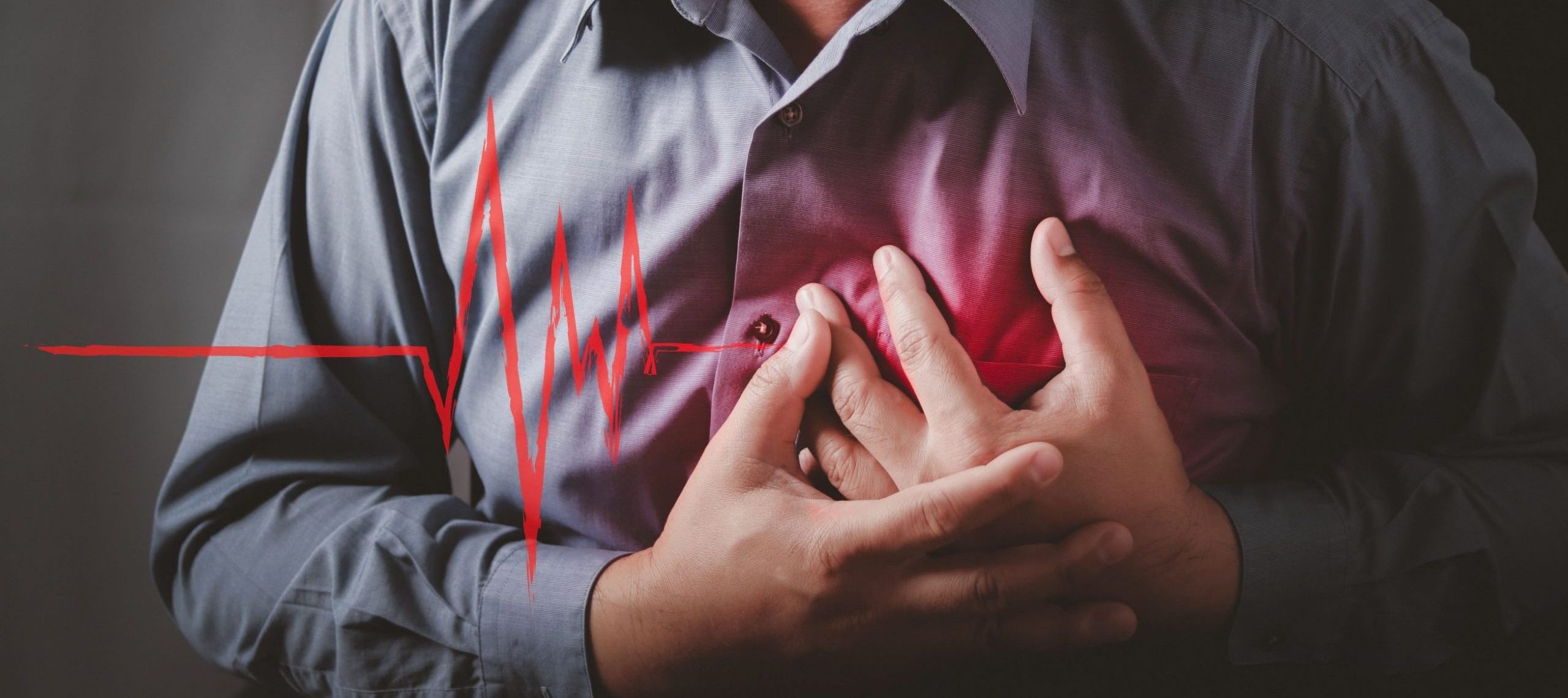Research shows that about five percent of people in the United States suffer from a heart arrhythmia, or irregular heartbeat. Some arrhythmias can be harmless – while others can be life threatening.
What exactly is a heart arrhythmia?

“The heart is a pump that supplies blood to the whole body and it’s driven by an internal electrical system that coordinates the beating. When that system develops some type of issue that interrupts the electrical flow, that’s known as an arrhythmia,” explains Meir Friedman, MD, cardiac electrophysiologist with Hartford HealthCare’s Heart & Vascular Institute at The Hospital of Central Connecticut.
There are many different types of arrhythmias, which can be classified into two groups – when the heart beats too fast and when it beats too slow.
> Worried about your heart rhythm? Connect with an expert
What causes an arrhythmia?
So what causes an interruption in the heart’s electrical system? Dr. Friedman says it can be anything from a heart attack, diabetes, high blood pressure, medication, smoking, stress, congenital abnormalities, genetics and more.
Dr. Friedman says that our heart, just like our body, changes with age and arrhythmias can become more prevalent as a person gets older. However, that’s not always the case. “Young people, including teenagers, can develop arrhythmias as well,” said Friedman.
Symptoms to watch for
Many doctors will notice that a patient has an irregular heartbeat during a routine exam. However, there are signs and symptoms to watch for, which include:
- Fluttering in the chest.
- Chest pain.
- Shortness of breath.
- Slow or fast heartbeat.
- Fatigue.
- Dizziness.
- Swollen legs.
- Weight gain.
“I always tell patients if you notice or feel something new and out of the ordinary seek medical attention because there could be something serious going on,” said Friedman.
How do you treat an arrhythmia?
After an arrhythmia is diagnosed, treatment depends on the severity of the condition and is tailored to each patient.
“With some patients, we may keep a close eye on the issue or treat it with medication,” Friedman says.
In some cases, doctors will do an ablation, where they enter the heart with a catheter, locate the area causing their irregularity and cauterize it to resolve the issue.
Many treatments options are minimally invasive and patients are able to go home the same or next day.



